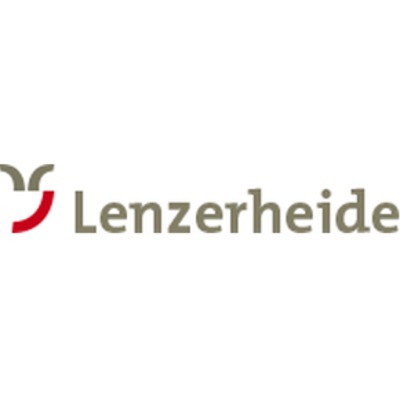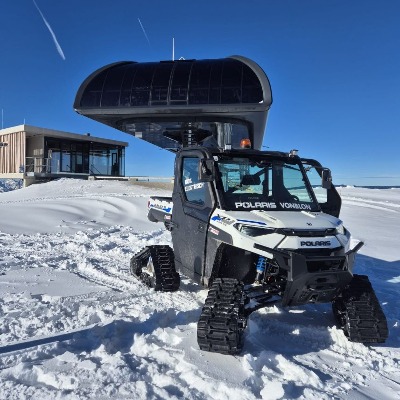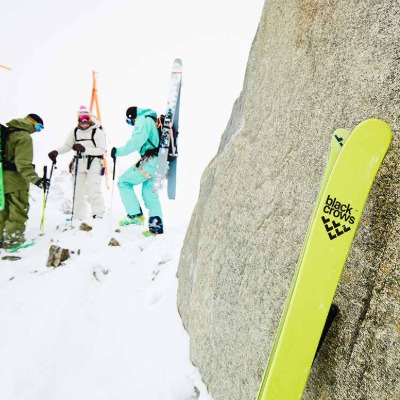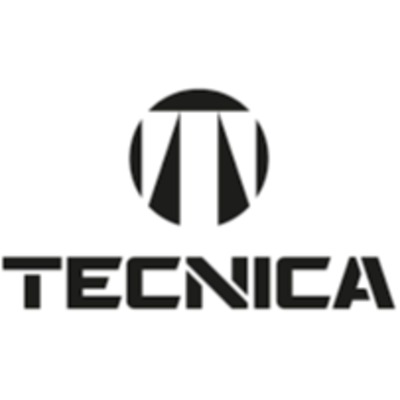LEITNER Modernises The Aerial Tramway On Zell’s Home Mountain

The Schmittenhöhebahn, Salzburg’s first ropeway, has been carrying people up and down Zell’s home mountain for 95 years and belongs to the landscape of the region. Its operator Schmittenhöhebahn AG relied on proven collaboration with LEITNER for the conversion work needed to extend the concession.
The ropeway had already been fitted with LEITNER drive brakes, new couplings, a new gearbox and the advanced LEITNER control system in 2013. In the summer of 2022, LEITNER began additional overhauling work to allow the ropeway to meet the requirements for a renewal of the concession.
In order to bring the ropeway up to the required technical standard, the carriages and suspensions were replaced, the rope tensioning system was modernized, and the towers were altered to comply with today’s clearance regulations. Now that the new ropeway carriages incorporate developments from the new LEITNER 2S carriage, they feature the latest manufacturing techniques and precision components. Most of the parts, for instance, are milled from solid pieces, which eliminates the need for numerous safety welds and the non-destructive testing they would otherwise require. It also significantly reduces the work involved in on-site inspections.
One challenging aspect of the conversion work was restoring balance after installing the new, heavier carriages and new suspensions. The operator wanted to preserve the appearance of the cabins and suspension, so a decision was made to reduce things inside the vehicles. The cabins were therefore gutted, existing multimedia installations and the suspended roof canopy were removed, and the focus in the now spacious interior moved back towards the beautiful view of Zell and the lake.
Further reductions in weight were achieved by replacing the glass with Plexiglas, which ultimately resulted in a capacity of 41+1 (car attendant) passengers in summer and 38+1 in winter.
Other requirements for extending the concession included converting all of the towers, which presented the LEITNER team with a further challenge.
Robert Liehl led the conversion work with his team. He recalls the challenges of this special project: “We were confronted with some very difficult terrain when it came to the towers. By using a specially manufactured work platform mounted on the suspension in place of the cabin, we managed to do the work without removing the carrying and hauling rope. The cabins were converted while we did that, which saved time and money and meant we could complete the conversion work in time for the acceptance inspection in October.”













